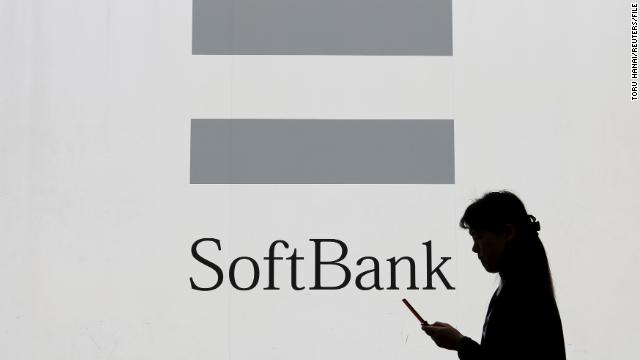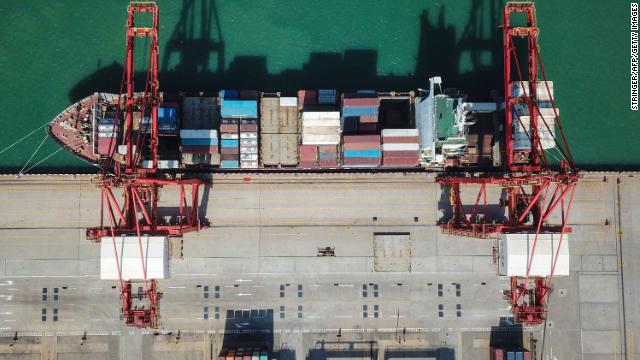
Japanese tech investing giant SoftBank is getting hit hard by Uber's IPO flop and the growing trade war with China.
SoftBank is the biggest investor in Uber (UBER). It owns nearly 13% of the company through its SoftBank Vision Fund. The value of that stake has plunged nearly 16% since Uber went public Friday.
Making matters worse for SoftBank? It is also the largest shareholder in Chinese e-commerce giant Alibaba (BABA). And that stock was down more than 3% Monday after the US and China each slapped a new round of tariffs on one another.
SoftBank shares fell more than 3% in Tokyo Monday before Wall Street opened. But based on how poorly Uber and the broader market are doing so far today, expect another big drop for Masayoshi Son's company on Tuesday.










